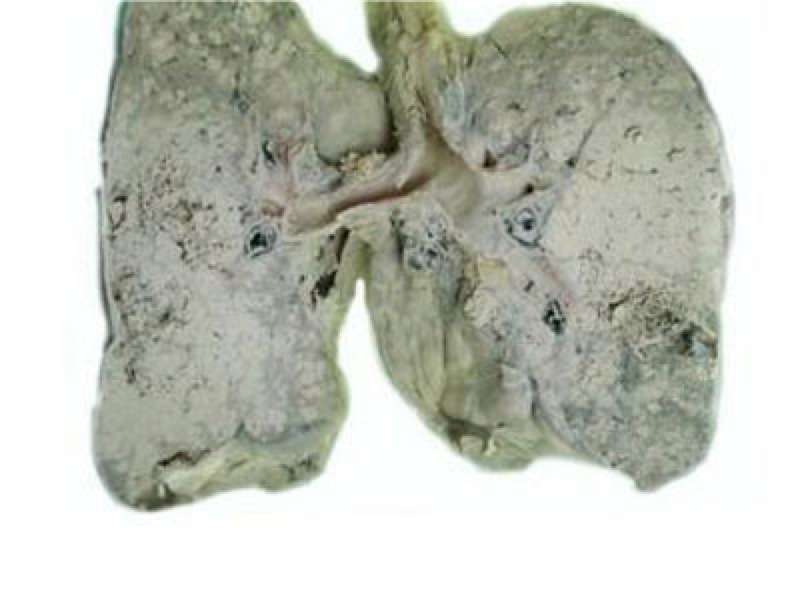Efficacy of targeted drugs for bone metastasis of lung cancer
Although great progress has been made in the treatment of lung cancer, such as: surgery, radiotherapy, chemotherapy and new anti-cancer drugs, the prognosis of lung cancer is still poor. The 5-year survival rate of lung cancer patients receiving treatment is 100% Fourteenth, the high mortality rate of lung cancer is mainly due to the lack of early diagnosis and effective treatment, even if the early patients are mostly systemic diseases at the time of initial diagnosis. The management of pain in bone metastases from lung cancer should emphasize early diagnosis and early treatment.

The average survival time of patients with lung cancer bone metastasis is 6-10 months, and the main treatment is medical chemotherapy and molecular targeted drug therapy. When multiple bone metastases occur, local radiotherapy is feasible. When bone metastases cause fractures or are about to cause fractures, surgical treatment is required. When spinal metastases cause spinal instability or nerve compression, surgical treatment is appropriate. The purpose of surgical treatment is mainly to reduce the patient''s pain and indirectly extend the patient''s life.
What is the effect of taking targeted drugs to treat bone metastases from lung cancer? The advantage of targeted drug therapy for lung cancer bone metastasis is that it can be treated systemically, and it has a more obvious effect in the absence of drug resistance; the disadvantage is that the treatment period is longer, it requires multiple hospitalizations, the toxic and side effects are large, and the tumor is easily resistant to the treatment drug It has medicinal properties, but the treatment has no curative effect but the side effects increase. If bone metastases occur during or after chemotherapy, this treatment can be confirmed to be ineffective.
Related Articles

- Early symptoms of lung cancer
- 2020-12-17

- Early Signs of Bladder Cancer
- What are the early symptoms of bladder cancer?
- 2020-12-17

- Is metastatic carcinoma easy to metastasize
- Once the cancer has metastasized, it will be very difficult to cure, because many people have lost their lives because of the emergence of cancer, so most people think that cancer is an un
- 2020-08-02

- What does microinfiltrating adenocarcinoma mean?
- Microinfiltrating adenocarcinoma is a type of lung cancer. The reason why it is called microinfiltration means that there is less infiltration around it, which means that it is in the early
- 2020-08-01

- How long can non-small cell adenocarcinoma live
- Adenocarcinoma is one of the most common malignant tumors in the world. Non-small cell adenocarcinoma accounts for about 80% of all adenocarcinomas. About 75% of patients are in the middle
- 2020-08-01

- Hand cancer
- Finger cancer generally refers to the appearance of skin cancer, which is characterized by local cauliflower-like skin and easy bleeding. Finger skin cancer is mostly a malignant tumor that
- 2020-08-01
